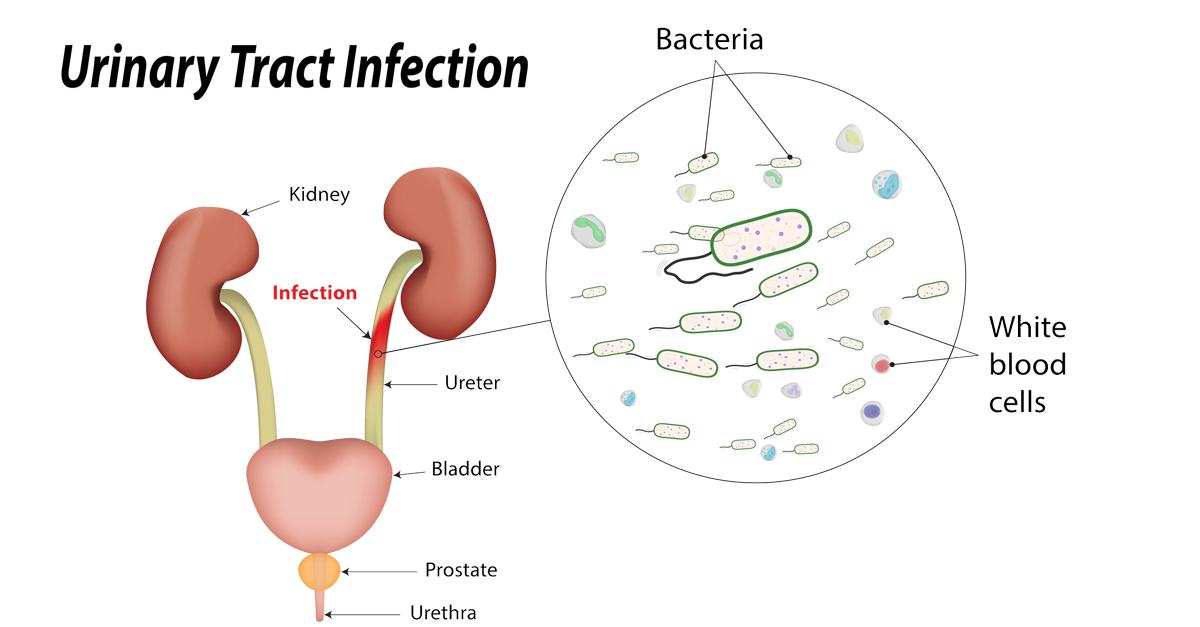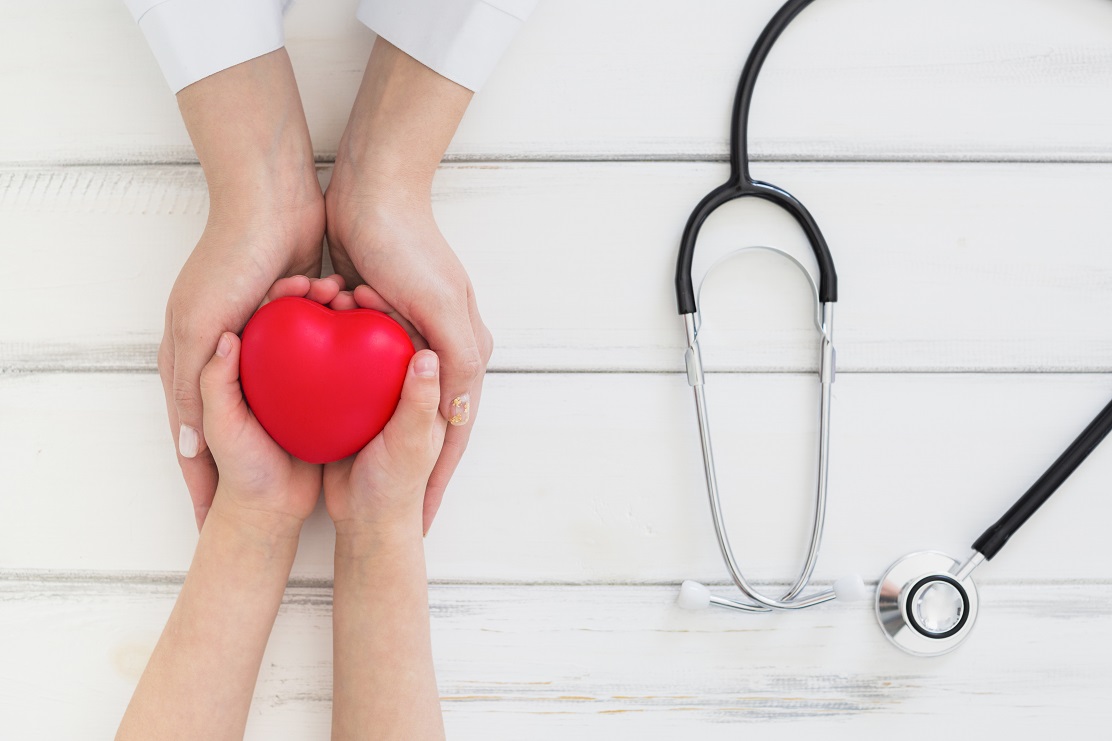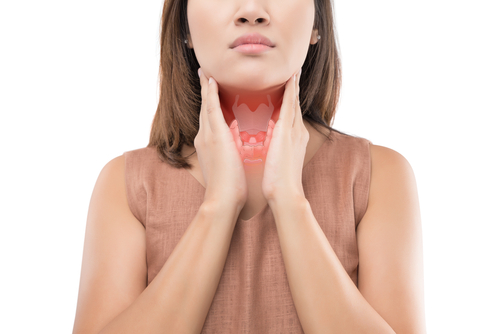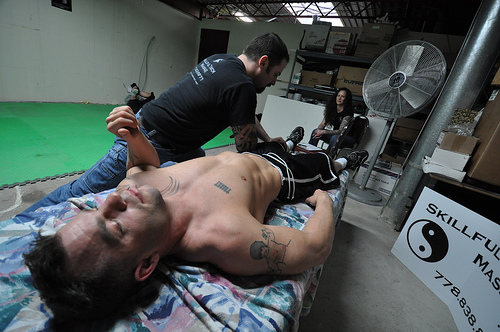Difficulty with bladder and bowel movements, also called Incontinence, after a stroke is a common occurrence, especially in the older age group of patients.
This is because a stroke causes general weakening of muscles and a reduced control over sensations and feelings. Most stroke survivors cannot feel the fullness of the bladder soon enough to get themselves to the nearest toilet. In addition, the weakened muscles cannot provide adequate control and there is a difficulty in “holding on” which is otherwise taken for granted.
Many sufferers hesitate discussing incontinence treatment with their doctors or care givers. Here we mention some ways of dealing with incontinence following a stroke.
- Understand the Causes. If your incontinence is an after-effect of the stroke, you need to first understand the causes of the problem. The brain passes the message to the muscles and nerves to perform various activities in the body. Strokes typically weaken this message transmission and damage the nerves so that the message does not travel properly and timely. As the body will gain strength and recover from the debilitating effects of the stroke, the incontinence problem will also gradually lessen. So treat incontinence as one of the aftereffects and be confident of recovery.
- Talk to Your Doctor. If the incontinence is stroke related, you can ask your doctor to suggest some medication and exercises which will help strengthen your pelvic floor muscles. These mild exercises can be done while sitting and the medication can be taken as per the doctor’s advice. Incontinence is a medical problem and you need not feel embarrassed to discuss the causes and effects with your doctor.
- Adjust Your Environment. If your bedroom is not equipped with an ensuite bathroom, move into or closer to the room that is. Ensure that there is adequate lighting in the bathroom so that you do not suffer injuries while rushing to the bathroom. Wear lose clothes which are easy to pull off and on during every trip to the bathroom and keep spare underwear in the bathroom so that you can change it, if required.
- Modify Your Behavior. You need to have sufficient intake of water but limit yourself towards the evening so that your sleep is not interrupted many times in the night. Consider using adult diapers while going out to avoid embarrassment. Set up a toilet schedule e.g. going to the toilet every 2 waking hours to avoid emergencies.
For more information please visit www.beautyofnormal.com.au











